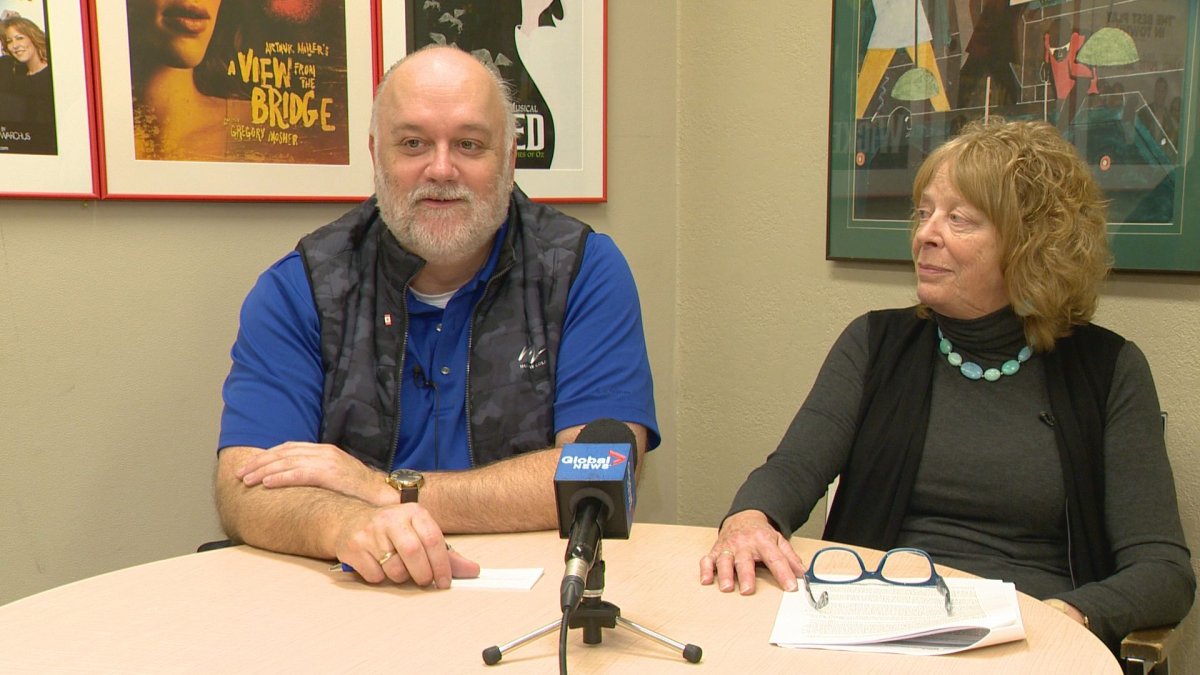A project aimed to improve the lives of older adults living with dementia in small cities and rural communities in Saskatchewan has received help from the federal government.

A grant of $3 million has been awarded to a University of Regina (U of R) research team. Over the next five years, they will put resources into services for people with dementia or their care partners.
“In Saskatchewan … we have a significant percentage of our population living in rural areas, and we know those populations are aging in those communities,” said project leader Dr. Bonnie Jeffery, faculty of social work at the U of R Prince Albert campus.
“People should still be supported to live in their communities. We’re focused on taking those supports to the people in those communities because people do face a lot of barriers to getting into the city.”
Older adults living in smaller communities face numerous challenges, especially when living with dementia. Barriers to accessing care are made up of limited finances, education, public transportation and geographic distance.
“When resources are put into things like services for people with dementia or for their care partners, they’re almost always located in the larger centres,” said project leader Dr. Tom McIntosh, co-director of Saskatchewan Population Health and Evaluation Research Unit.
- Buzz kill? Gen Z less interested in coffee than older Canadians, survey shows
- ‘She gets to be 10’: Ontario child’s heart donated to girl the same age
- Bird flu risk to humans an ‘enormous concern,’ WHO says. Here’s what to know
- Canada updating sperm donor screening criteria for men who have sex with men
“If you need to access them you need to be able to travel.”
Nearly 20,000 people in Saskatchewan live with dementia, but it’s suspected that number is higher as people can be reluctant to get a diagnosis due to stigma.
The project will not only help people assess their diagnosis, but it will work with communities to breakdown stigma and help them become dementia-friendly spaces.
“Stigma is a very big thing when it comes to dementia … and in small towns, it can be very isolating,” Jeffery said. “We would be looking to work with local organizations in small cities and communities to deliver the interventions and work with them to see how effective it is.”
The project will provide individuals with support and will give communities a framework and tools to engage with those living with dementia. The team will also work with businesses and organizations in those communities to develop policy and practices that will help those with dementia.




Comments